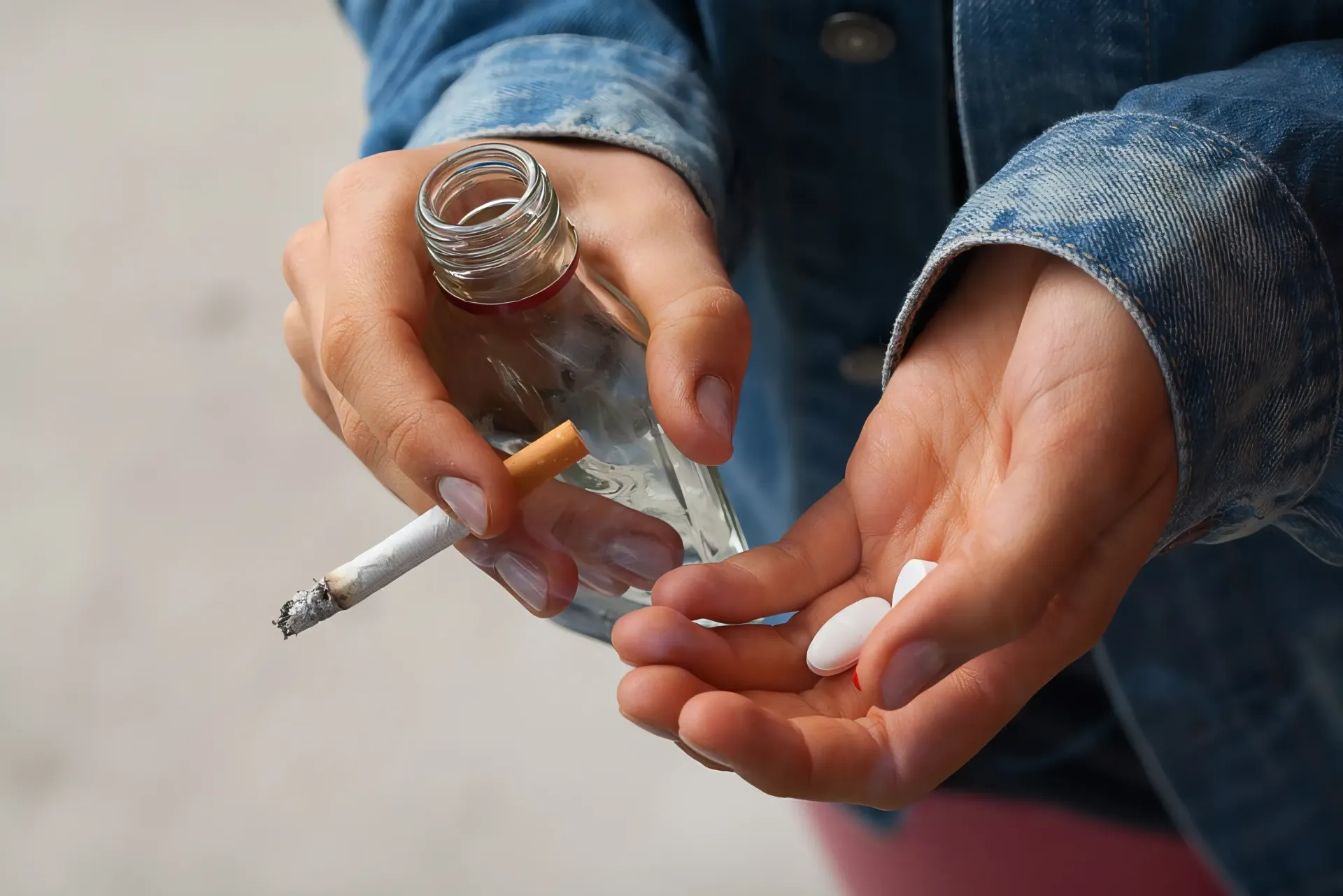Explore Our Blog
10 Facts About Addiction – Part 8: Relapse Isn’t the End
Advance Minds Blog
A safe space to explore subjects within the community such as mental health, substance abuse and personal identity.
Our safe space also provides the opportunity for real individuals to express their hardships and success through writing.
Relapse is when a person returns to substance use after a period of abstinence.
It can happen after days, months, or even years of sobriety.

While painful and frustrating, relapse does not erase the progress someone has made—it’s a signal that something in the recovery plan needs to be adjusted.
🧠 The Brain’s Learning Curve
Addiction affects the brain’s reward, memory, and decision-making systems.
Because of this, cravings and stress can remain long after someone stops using.
Relapse often happens when:
⚡ Old triggers resurface
🌧 Emotional or mental stress builds
😔 Support systems weaken
🚪 Tempting situations are not avoided
Relapse doesn’t mean the person didn’t want to stay sober—it means recovery is more complex than willpower alone.
🧱 Why It’s Not Failure
Relapse is common in chronic illnesses, including addiction.
Just as a diabetic might need to change medication or a person with asthma may have flare-ups, people in recovery sometimes stumble before regaining stability.
The key is to respond with care, not criticism.
When approached with understanding, relapse can become a learning moment—not a defeat.
🛠 What to Do After a Relapse
Rather than spiraling into shame, the focus should be on reflection and recovery. Ask:
🔍 What triggered the relapse?
📋 What can be done differently next time?
🤝 Who can offer support now?
Often, relapse is the moment someone truly commits to long-term recovery because it highlights where more growth is needed.
🤝 Support Matters
After a relapse, community and connection are essential.
Loved ones, therapists, and peer groups can help:
🗣 Process what happened
📈 Rebuild confidence
🔄 Strengthen routines and coping strategies
Support reduces isolation and reminds the person that they are still on the path of recovery.
💡 Change Takes Time
Long-lasting change doesn’t happen overnight.
Relapse doesn’t erase effort—it reveals where more healing is needed.
This isn’t a step backward, but a deeper step into recovery.
With each attempt, individuals become stronger, wiser, and more prepared.
🌈 Final Thoughts ✨🧩
Relapse is not the end—it’s part of the process for many.
It’s a signal to reflect, adjust, and continue forward with greater insight.
Everyone deserves the chance to try again, because recovery isn’t about perfection—it’s about perseverance.

















